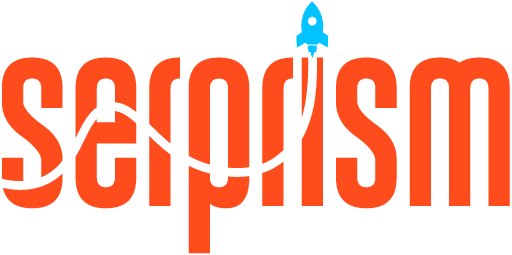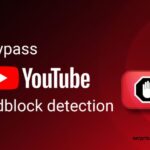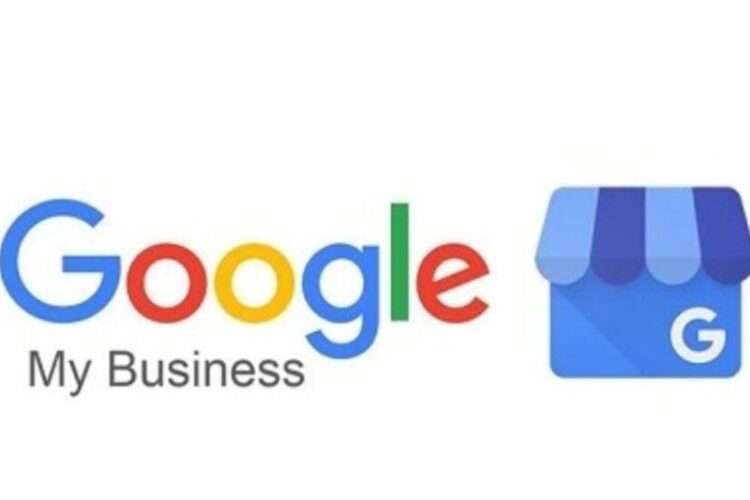
In today’s digital age, finding people and businesses has never been easier. Whether you’re looking for an old friend, a business contact, or a local service provider, there are numerous methods available that can help you quickly gather the information you need. From social media platforms to public databases, there are tools and strategies to locate both individuals and companies.
This article will walk you through the various methods of finding people and businesses, detailing the most effective tools and techniques in different scenarios.
1. Social Media Platforms
Social media platforms are among the easiest and most efficient ways to find people and businesses. Nearly everyone has a social media presence, and businesses often maintain active profiles to engage with customers and promote their services.
Finding People:
- Facebook: One of the largest social networks in the world, Facebook allows you to search for people by name, location, workplace, or school. Its search functionality is powerful, and many users have public profiles or information available for viewing.
- LinkedIn: If you’re searching for professionals, LinkedIn is the best platform. It’s ideal for connecting with colleagues, potential employees, or business contacts. You can search by name, company, or even skills.
- Instagram: Many people, especially younger users, spend significant time on Instagram. You can search for people using their username or real name, and view public profiles that share photos, stories, and posts.
- Twitter: This platform is great for finding people who are actively discussing topics of interest. Search by username or real name, and you can often locate personal or professional profiles quickly.
Finding Businesses:
- Facebook: Many businesses have pages on Facebook, which provide information like contact details, reviews, and location. Searching for a business by name or category will yield results that may include nearby businesses or pages you follow.
- LinkedIn: For B2B companies, LinkedIn is a powerful resource. Many businesses have pages that detail their services, employees, and corporate culture.
- Instagram: Many small businesses use Instagram to market products and services. Searching by business name or hashtags relevant to your search can help locate companies that actively engage their audiences on Instagram.
- Twitter: If you’re looking for businesses that actively engage in trending topics, Twitter is useful. Many companies tweet regularly to keep customers updated.
2. Online Search Engines
Search engines like Google, Bing, and Yahoo! are incredibly effective for finding both people and businesses. By inputting specific queries, you can access a wealth of information about virtually anyone or any company.
Finding People:
- Google: Simply typing in a person’s name into Google can often provide a plethora of information. If the individual has been mentioned online, has a personal website, or is active on social media, it’s likely that you’ll find relevant . You can refine your search by adding keywords like location or occupation to narrow down the results.
- Pipl: This search engine specializes in finding people. Pipl aggregates data from various public records, social media, and online databases to provide comprehensive profiles.
- Whitepages: This tool helps locate people using public records such as phone numbers, addresses, and even relatives.
- Spokeo: Another people search engine, Spokeo pulls data from public sources to give you detailed information about individuals.
Finding Businesses:
- Google: A Google search can easily help you locate businesses. Just type the business name or category into the search bar, and you’ll be provided with search results, maps, reviews, and contact details. Google My Business listings, which appear alongside map results, offer verified information such as hours of operation and customer reviews.
- Yelp: If you’re looking for local businesses, Yelp is a great resource. With millions of reviews, it’s particularly useful for finding restaurants, cafes, and service providers. The platform allows you to filter by category, location, and customer rating.
- Yellow Pages: An online version of the traditional business directory, Yellow Pages allows you to search for businesses by name, category, or location.
- Bing Places: Similar to Google My Business, Bing Places offers business information and reviews through the Bing search engine.
3. Public Records and Databases
Public records are an excellent resource for finding detailed information about people and businesses. Many of these databases are free, while others may require a subscription or payment.
Finding People:
- Vital Records: Government agencies often maintain public records, such as birth certificates, marriage licenses, and death records, which can be searched to find people. In the U.S., you can access this information through state government websites or services like VitalChek.
- Background Check Services: If you’re looking for detailed information, background check services like BeenVerified, Instant Checkmate, or TruthFinder compile public records, social media profiles, and other data to create comprehensive profiles of individuals.
- Voter Registration Databases: In some regions, voter registration information is publicly available. Searching these databases can help you locate individuals based on their last registered address.
- Genealogy Websites: For finding relatives or long-lost family members, websites like Ancestry.com and FamilySearch can be very helpful. These websites aggregate historical records, such as census data, immigration records, and birth certificates.
Finding Businesses:
- Company Registration Websites: Many countries require businesses to be registered with government agencies. In the U.S., you can find company registration details through the Secretary of State’s website for each state. In the UK, Companies House provides similar information. These databases often include the company’s registered address, directors, and status.
- Business Directories: Websites like Dun & Bradstreet maintain comprehensive databases of businesses worldwide. These directories provide information on company size, industry, and financial standing.
- SEC EDGAR: For publicly traded companies, the U.S. Securities and Exchange Commission’s EDGAR database contains financial reports, annual filings, and other relevant business information.
4. Professional and Industry Networks
Professional and industry-specific networks can be incredibly useful for finding businesses and businesspeople in certain fields.
Finding People:
- Professional Organizations: Many professions have governing bodies or organizations where you can search for members. For example, the American Medical Association (AMA) allows you to search for doctors, and the State Bar Association allows you to find licensed attorneys.
- Trade Associations: Many industries have trade associations that maintain directories of their members. If you’re looking for individuals in a specific industry, checking the website of the relevant trade association can be useful.
- Freelancer Platforms: Websites like Upwork, Fiverr, and Freelancer allow you to find individual freelancers offering services in fields like graphic design, writing, software development, and more.
Finding Businesses:
- Industry-Specific Directories: Many industries have their own directories that list businesses by category, location, and specialization. For example, Houzz is a directory for home improvement professionals, while Crunchbase is a database for tech startups and venture capital firms.
- B2B Marketplaces: Websites like Alibaba, ThomasNet, and Global Sources offer directories of manufacturers, suppliers, and B2B service providers across various industries. These platforms allow you to filter by location, product, and services offered.
5. Local Listings and Review Sites
For those who are looking to find local businesses or individuals in their area, local listings and review sites can provide highly relevant information.
Finding People:
- Nextdoor: This neighborhood-focused social network helps people connect with others in their local community. It can be useful for finding neighbors or local professionals offering services.
- Local Forums and Groups: Many cities and towns have local online forums or Facebook groups where residents share recommendations for services and discuss community issues. Joining these groups can help you connect with people and businesses in your area.
Finding Businesses:
- Google Maps: Searching for businesses in your area using Google Maps will display nearby options, including ratings, hours of operation, and contact information. You can also filter by categories like restaurants, gas stations, and hotels.
- Angie’s List: For service providers such as contractors, plumbers, and electricians, Angie’s List provides a trusted source of reviews and recommendations. The platform requires users to sign up for access, ensuring more reliable reviews.
6. Word of Mouth and Networking
While digital tools are powerful, don’t underestimate the value of word of mouth and personal connections. Sometimes, simply asking around is the best way to find someone or learn about a business.
Finding People:
- Friends and Family: If you’re looking for someone, start by asking friends and family if they have any leads or contact information. In many cases, your network may have the information you need.
- Alumni Networks: Many schools and universities have alumni networks that can help you reconnect with former classmates. These networks may have online directories, or you may be able to contact the school directly for assistance.
Finding Businesses:
- Personal Recommendations: Asking friends, family, or colleagues for business recommendations is often the most trusted way to find reliable service providers. People are more likely to recommend businesses they’ve had positive experiences with.
Conclusion
Finding people and businesses today is easier than ever, thanks to the numerous digital tools and resources at your disposal. Whether you’re searching for a long-lost friend, a new business contact, or a local service provider, the methods outlined above offer a range of options depending on your needs. From social media and search engines to public records and networking, there’s a tool for every situation, making it simple to gather the information you need.



